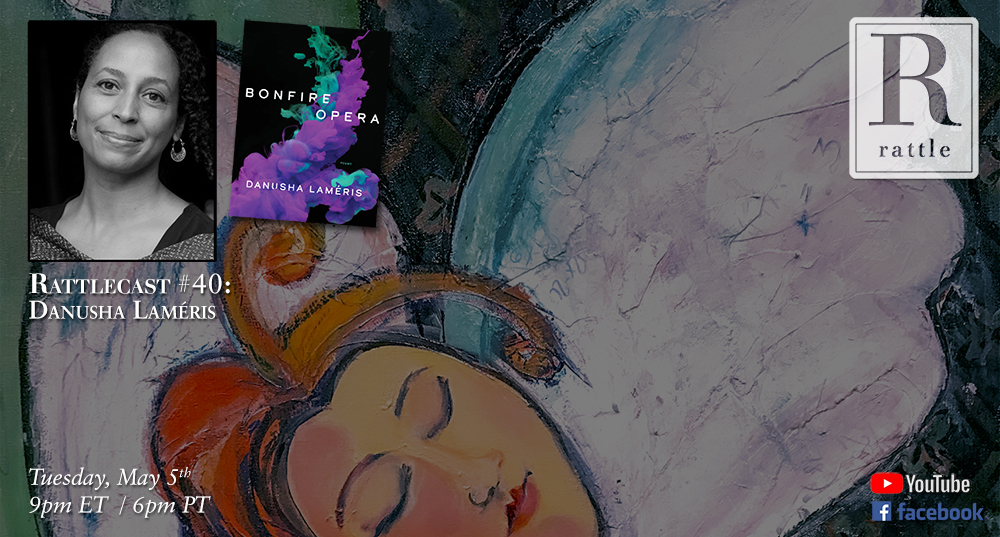I don’t remember the sounds
rising from below my breastbone
though I spoke that golden language
with the girls of Beirut, playing hopscotch
on the hot asphalt. We called out to our mothers
for lemonade, and when the men
walking home from work stooped down,
slipped us coins for candy, we thanked them.
At the market, I understood the bargaining
of the butcher, the vendors of fig and bread.
In Arabic, I whispered into the tufted ears
of a donkey, professing my love. And in Arabic
I sang at school, or dreamt at night.
There is an Arab saying,
Sad are only those who understand.
What did I know then of the endless trail
of losses? In the years that have passed,
I’ve buried a lover, a brother, a son.
At night, the low drumroll
of bombs eroded the edges of the city.
The girls? Who knows what has been taken
from them.
For a brief season I woke
to a man who would whisper to me
in Arabic, then tap the valley of my sternum,
ask me to repeat each word,
coaxing the rusty syllables from my throat.
See, he said, they’re still here.
Though even that memory is faint.
And maybe he was right. What’s gone
is not quite gone, but lingers.
Not the language, but the bones
of the language. Not the beloved,
but the dark bed the beloved makes
inside our bodies.

Comments are closed.